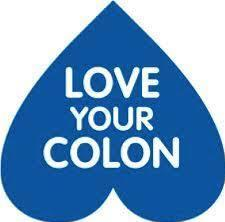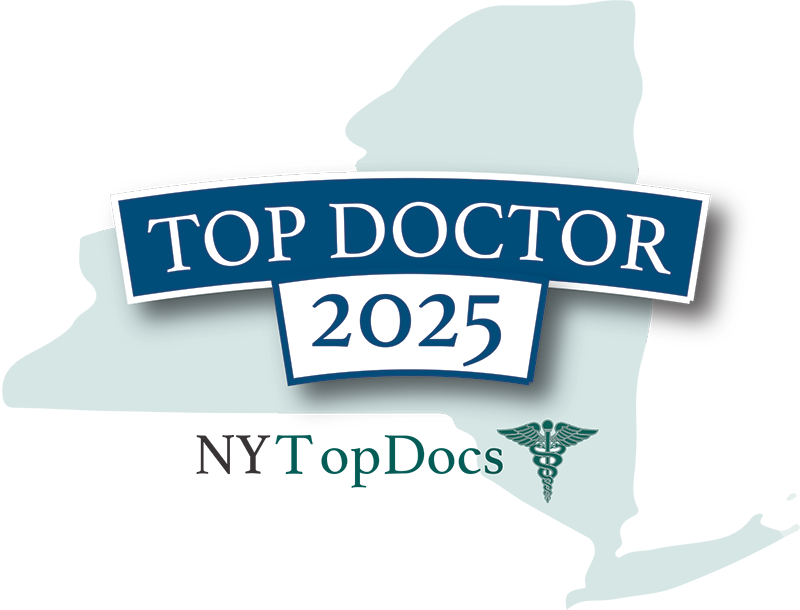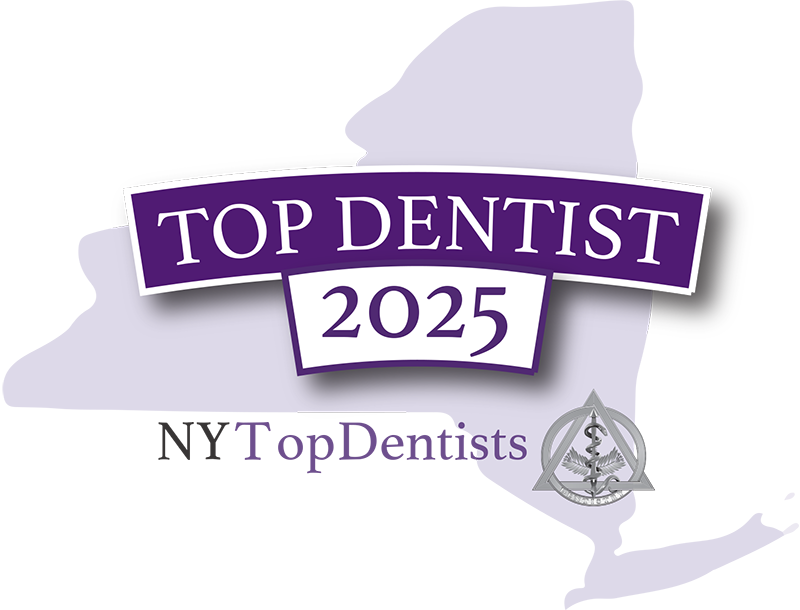As per the healthfinder.gov website, “Colorectal cancer is the fourth most common cancer in the United States and the second leading cause of death from cancer. Colorectal cancer affects people in all racial and ethnic groups and is most often found in people age 50 and older”. March was initially deemed “Colon Cancer Awareness Month” years ago; this year, the internet is buzzing with helpful tips for preventing colon cancer and NJ Top Docs is happy to highlight their top picks.
As per The Centers for Disease Control website, “Risk increases with age. More than 90% of colorectal cancers occur in people aged 50 and older.” Those who screen regularly after their fiftieth birthday can significantly lower their risk of getting colon cancer as well as death. The CDC reminds us that Precancerous polyps and colorectal cancer doesn’t always show signs at first. Many people could have cancer and not even know it. This is why regular screening is so crucial at fifty and older. Some symptoms that may show, however, may include: unintentional weight loss, stomach aches and cramps that don’t go away, and blood found in stool.
In a recent NBC Philadelphia article; these five simple, yet highly effective tips are listed:
- “Healthy Diet: Obesity is one of the leading causes of cancer. Maintain a healthy weight by reducing your caloric intake and focusing on healthy foods, like fruits, vegetables, lean meats and the good fats found in avocados, almonds and olive oil.
- Keep Up The Cardio: In addition to diet, one of the key components to weight loss and thus reducing your colon cancer risk is by incorporating moderate cardio activity into your day-to-day routine. Aim for 30 minutes or more of cycling, running, hiking, dancing or even brisk walking.
- Stop Smoking: This one is a no brainer. We all know that smoking is directly linked to a host of health problems, including colon cancer. By quitting now you can greatly reduce your risk of colon cancer and other health-related issues. Consult your doctor or visit smokefree.gov to get started.
- Cut Down on Red Meat: We all love a good burger, but red meat can lead to colon cancer. Even worse for you? Processed meats like bacon and bologna. Limit yourself to no more than three servings a week, replace the rest with lean meats and veggies, and you’ll reap the benefits.
- Limit Drinking: While moderate drinking can benefit heart health, it has an adverse effect when it comes to colon cancer. Don’t think you need to cut out imbibing entirely, but try to keep it on the light side, with no more than two drinks per night for men and no more than one for women.
Most healthcare-focused websites feature these five preventable tips. Health.com features a couple more preventable tips that NJ Top Docs thought were also useful:
- “Get enough calcium and vitamin D. Adequate amounts of calcium and vitamin D may help prevent colorectal cancer – but don’t overdo it. It’s a “reasonable approach” to stick with the recommended daily allowance of both nutrients (1,000 mg of calcium for women 19 to 50 years old and men 19 to 70; 1,200 mg daily of calcium for women at 50-plus and men 70 and over; 600 International Units of vitamin D for women and men until age 70, when they should start getting 800 IU of vitamin D), says Durado Brooks, MD, director of colorectal and prostate cancers at the American Cancer Society, in Atlanta.
- Whittle your waist. Obesity is linked to colon-cancer risk, especially for men. And there’s some evidence that abdominal obesity – aka belly fat – may be the key factor. Men under 50 with excess fat around their middles are just as likely as thinner men older than 50 to have precancerous cells in the colons, according to a 2010 study. Since big bellies increase the risk of a host of other diseases, from heart disease to diabetes, there’s no downside to reducing your waistline.
- Know your family history. Heredity plays a big role in colon cancer; up to 20% of people who develop colorectal cancer have a relative with the disease. You should find out if your relatives had colorectal cancer or polyps, which are growths in the colon or rectum that can be precursors of the disease. And it’s important to find out how old they were when they were diagnosed. If one of your first-degree relatives (a parent, sibling, or child) developed colorectal cancer or polyps before age 60 or more than one of your first-degree relatives did at any age, you should start getting screened for the disease at age 40, or 10 years before the age at which that relative was diagnosed, whichever comes first.
Staying active, eating healthy, and avoiding unhealthy habits are the main biggest tips for preventing colon cancer, not to mention, cancers in general. Perhaps the most important tip is to staying on top of regular screenings after reaching the age of 50.
Sources
Healthfinder.org:
http://healthfinder.gov/NHO/Marchtoolkit.aspx
City of Hope Blog:
http://breakthroughs.cityofhope.org/colorectal-cancer-awareness-treatment
NBC Philadelphia:
Health.com:


